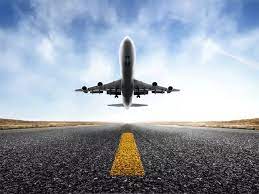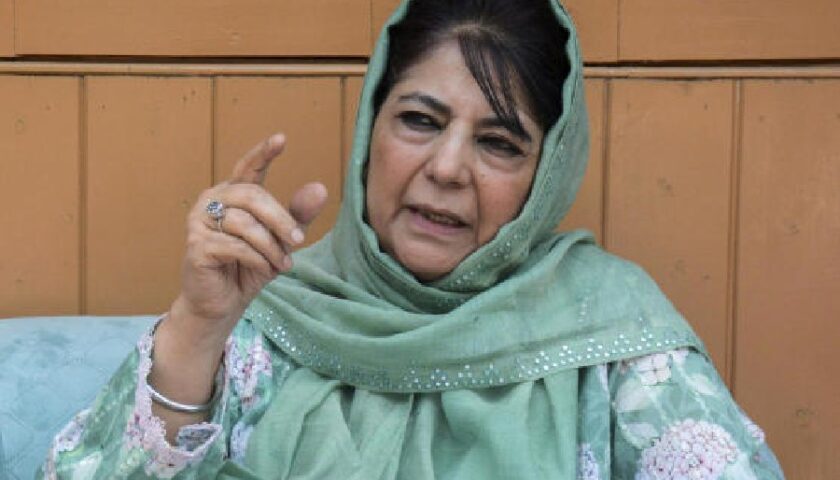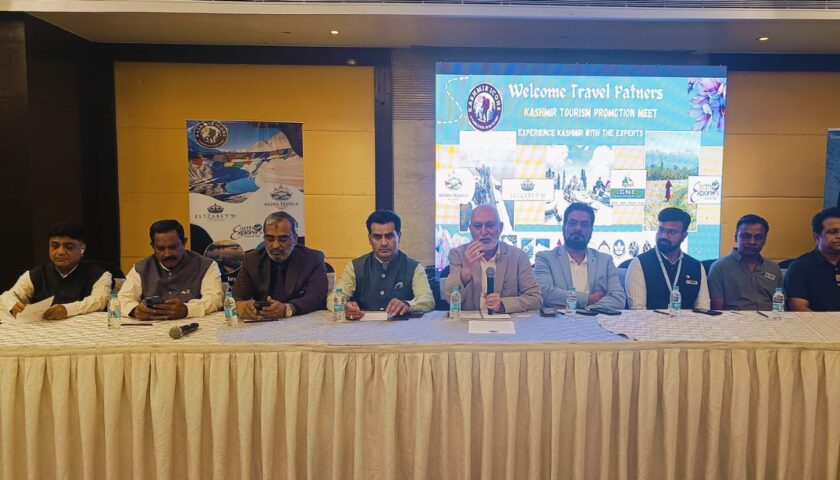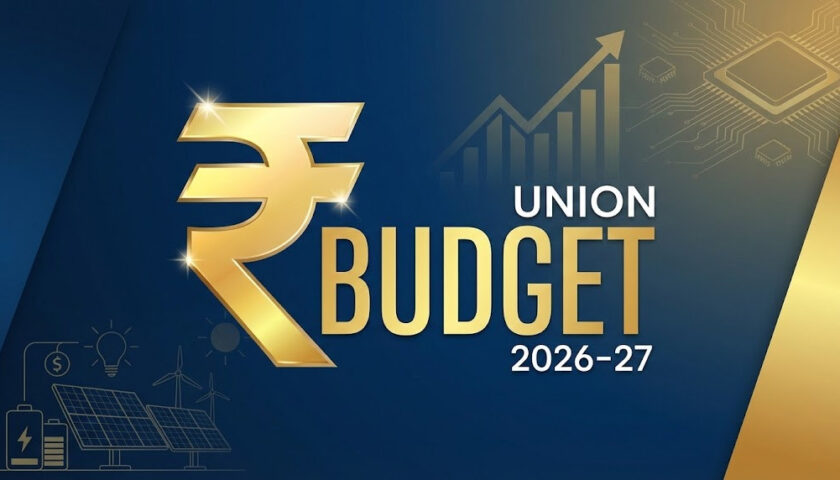Prohibitively high airfares to Srinagar are deterring the tourists and burning a hole in the wallets of locals travelling from Srinagar to other parts of the country.
The average passenger fare to Jammu, the country’s winter capital, has increased from Rs 3000 to Rs 8000 to Rs 9000, and airfares to other regions of the nation are also surging.
Those in Srinagar, who need to travel to other areas of the nation for work, school, or medical issues, are facing even more difficulties as a result of the skyrocketing expense of air travel.
Many travel agencies have heard of travellers, particularly groups, cancelling their travel plans because their previously scheduled itineraries have suddenly become unaffordable.
Due to excessive prices that have exceeded permitted budgets, certain government departments and agencies are also reporting changes in outbound and inbound travel plans.
Former finance minister Haseeb Drabu vented his anger on Twitter posting: “GoAir 287 Mumbai to Srinagar via Jammu, Economy Fare: Rs 24,000. Delayed Two hours. Seats either in a permanent state of recline or no recline, push buttons taped, armrests unhinged.@GoFirstairways need to get ur act together (sic).”
Chairman of Kashmir Economic Alliance (KEA), Farooq Dar said, “The government must take harsh action against individuals who are responsible for exorbitantly rising airfares, much to the chagrin of the local population. A mechanism to cap airfares must be put in place in order to prevent problems for everyone. Not only do tourists fly, but students, patients, and businesspeople make up the majority of those leaving Srinagar and bearing the brunt of this arbitrary price increase.”
A House Standing Committee recently highlighted its worry that the high airfares imposed by some airline operators in the domestic sector as well as the tactics being employed in costing were misleading the public and pushing consumers to pay more.
“The level of misinformation can be gauged from the fact that even after the last tickets have been sold, the same number of seats are shown on the website, as indicated before the tickets sale. This indicates that airline operators are misleading the public and forcing passengers to pay more,” the panel said in the Demand for Grants (2023-24) report of the Civil Aviation Ministry.
It recommended that the ministry should formulate appropriate guidelines regarding the rationalisation of fares and publish the correct information on the website of the airlines.
It also pointed out that “predatory pricing” was being restored to by the domestic airline sector.
“A particular airline may sell its air tickets at such a low level that other competitors cannot compete and are forced to exit the market. A company that does this will see initial losses, but eventually, it benefits by driving competition out of the market and raising its prices again,” said the report.
The committee desired to know whether the aviation regulator, the DGCA had at any point in time intervened to check the fares of air tickets.
It also expressed concern at the fact that in the domestic sector, private airlines were charging different fares for the same sector, route, and same direction of flights.
“This is specifically so for the northeastern region and hilly areas including Jammu and Kashmir and Ladakh, where the prices of domestic sector tickets are, sometimes, even more than the international airline sector prices,” the committee noted.
The committee took note of the fact that after the repeal of the Air Corporations Act, of 1953, airfare was market driven and depends on market fares, and is neither established nor regulated by the government.
“It notes the DGCA’s comments that the airfares were regulated for a fixed period during the COVID-19 pandemic in compliance with the Aircraft Act, 1934, and the regulation was withdrawn as the COVID-19 pandemic abated and that airlines are free to fix reasonable tariffs under the Aircraft Rules, 1937, with regard to the cost of operation, services, reasonable profit, and generally prevailing tariff,” the report said.




